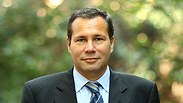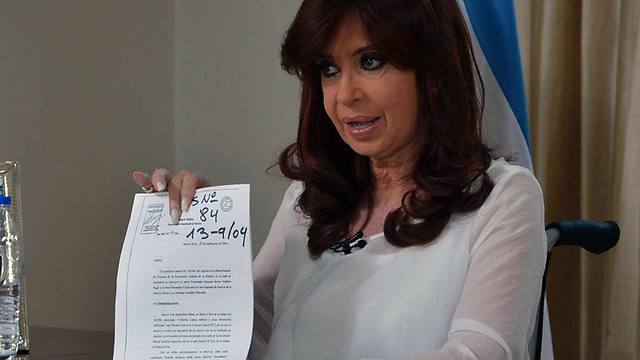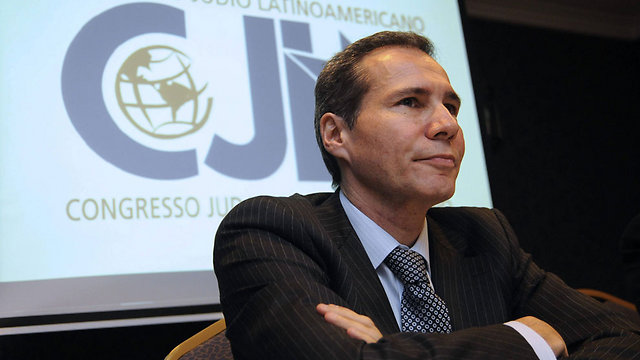
Case against Argentine president moves forward
Prosecutor who inherited case from the late Alberto Nisman formally renews investigation, amid government accusations of a 'coup' attempt.
The prosecutor who inherited a high-profile case against Argentine President Cristina Fernandez de Kirchner on Friday reaffirmed the accusations, formally renewing the investigation into whether the president helped Iranian officials cover up their alleged role in the 1994 bombing of a Jewish community center.
Prosecutor Gerardo Pollicita's decision to go forward with the case was significant because it sets the stage for a close examination of the investigation that prosecutor Alberto Nisman was building before he was found dead Jan. 18. The next day, Nisman was scheduled to elaborate his accusations to Congress.
Nisman accused Fernandez, Foreign Minister Hector Timerman and others in her administration of brokering the cover-up in exchange for favorable deals on oil and other goods from Iran. Fernandez and Timerman have strongly denied the accusations, and Iran has repeatedly denied involvement in the bombing, which killed 85 people.
In his statement released Friday afternoon, Pollicita recounted Nisman's accusations without providing analysis of them. He concluded that an investigation is necessary to "achieve a degree of understanding to prove or disprove the factual and dogmatic extremes expressed in the preceding paragraphs."
Related stories:
- Prosecutor in AMIA Jewish center bombing found dead in Buenos Aires
- Argentina suspects rogue agents were behind death of prosecutor
- Journalist who reported Nisman's death lands in Israel
Ruling Victory Front lawmaker Andrés Larroque, social leader Luis D’Elía, head of the political group Quebracho Fernando Esteche, ex-judge Héctor Yrimia and Allan Bogado have been also charged, reported the Buenos Aires Herald.
Pollicita will present his findings to judge Daniel Rafecas, the federal magistrate assigned to the case who will ultimately decide whether to dismiss it or send it on to trial.
Even before Pollicita's decision, amid rumors that it was coming, the administration was moving to both reject and minimize it.
Cabinet chief Jorge Capitanich called the move a "judicial coup" during his daily press briefing.
"The Argentine people should know that we're talking about a vulgar lie, of an enormous media operation, of a strategy of political destabilization and the biggest judicial coup d'etat in the history of Argentina to cover the real perpetrators of the crime," he said.
Similarly, Presidential spokesman Anibal Fernandez said moving the case forward was a "clear maneuver to destabilize democracy" but that ultimately "it has no legal value. It does not matter."
On Tuesday, Gustavo Lopez, an undersecretary in Kirchner's government, branded the investigation "an attempted coup d'etat that aims to get rid of the president, to end this political project that has been governing since 2003 and to restore the neoliberal conservative forces that governed for decades to reap their own benefits."
The strength of Nisman's 289-page investigation, presented to a judge a few days after his death, has been hot topic of debate within the legal community.
The basis of his case are wiretaps of administration officials allegedly talking about a secret deal around the time of a 2013 "Memorandum of Understanding" that Argentina reached with Iran. The agreement, which is being challenged in Argentine courts, on its face sets the conditions for the two countries to investigate the bombing.
Juan Jose Avila, a criminal lawyer, said arguing that Nisman's case wasn't strong enough misses the point because at this stage, no investigation is ready to be tried in court.
"No accusation, when it's first made, is proven," he said.












